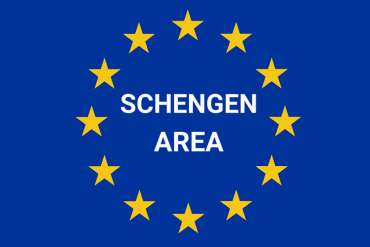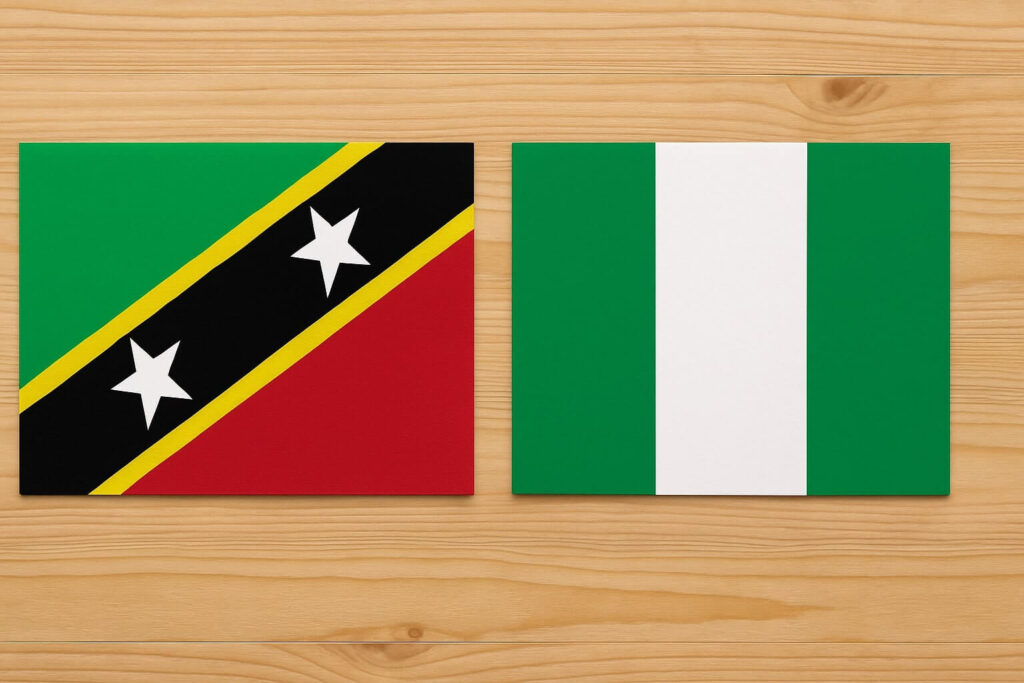Applying for schengen visa is an important decision. It is also important that you are careful and you provide necessary documentation beyond any reasonable doubt, so that you are not refused of visa.
Refusals will have a big impact on your future visa applications as visa databases are shared with several countries.
How consular officers make decisions?
Consular officers take into account several factors when examining a visa application. The consular officers besides consulting to relevant Visa databases below..
- Schengen Information System (SIS)
- Visa Information System (VIS)
- EURODAC – EU asylum biometric fingerprint database
- Entry / Exit System (EES)
- Electronic Travel Information and Authorisation System (ETIAS)
will also look into the following conditions, depending on the country of residence.
- Family links or other personal ties in the country of residence;
- Family links or other personal ties in the Member States;
- Marital status;
- Employment situation (salary level, if employed);
- Regularity of income (employment, self-employment, pension, revenue from investment, etc.) of the applicant or of his/her spouse, children or dependants;
- The level of income;
- The social status in the country of residence (e.g. elected to public office, NGO representative; profession with a high social status: lawyer, medical doctor, university professor);
- The possession of a house/real estate.
- Previous illegal stays in the Member States;
- Previous abuse of social welfare in the Member States;
- A succession of different visa applications (for short stay or long stay visas) presented for different unrelated purposes;
- Credibility of the inviting person when the invitation letter is presented
- Any threats to public health, any disease with epidemic or pandemic potential as defined by the International Health Regulations (IHR) of the World Health Organisation (WHO) will be considered.
Why schengen visas are refused?
As a general rule, a uniform visa shall be refused when the examination of the application leads to one or more of the below conclusions:
- The applicant has presented a travel document which is false, counterfeit or forged;
- Justification for the purpose and conditions of the intended stay was not provided;
- The applicant did not provide proof of sufficient means of subsistence, both for the duration of the intended stay and for the return to his country of origin or residence, or for the transit to a third country into which he is certain to be admitted;
- The applicant does not provide proof that he is in a position to lawfully acquire sufficient means of subsistence, for the duration of the intended stay and for the return to his country of origin or residence, or for the transit to a third country into which he is certain to be admitted;
- The applicant has already stayed for 90 days during the current 180-day period on the territory of the Member States on the basis of a uniform visa or a visa with limited territorial validity;
- The applicant is a person for whom an alert has been issued in the SIS for the purpose of refusing entry; in this case the Member State concerned shall be added;
- The applicant is considered to be a threat to public policy or internal security by one or more Member States;
- The applicant is considered to be a threat to public health of one or more Member States;
- The applicant is considered to be a threat to the international relations of one or more the Member States;
- The information submitted regarding the justification for the purpose and conditions of the intended stay was not reliable;
- There are reasonable doubts as to the reliability as regards ….. (to be specified);
- There are reasonable doubts as to the reliability or as to the authenticity of the supporting documents submitted or as to the veracity of their contents; 13. there are reasonable doubts as to the applicant’s intention to leave the territory of the Member States before the expiry of the visa;
- Sufficient proof that the applicant has not been in a position to apply for a visa in advance, justifying the application for a visa at the border, is not provided;
- Applicant does not provide justification for the purpose and conditions of the intended airport transit;
- Does not provide proof of holding adequate and valid travel medical insurance, where applicable.
Decision taking times
As a general rule, a visa decision is taken by the Consulate within 15 days. This period may, in individual cases, be extended up to 30 days and, exceptionally, 60 days, if a more detailed examination of your application and/or additional documents are required. Some Schengen States require that they be consulted on visa applications submitted to other Schengen States by citizens of certain countries.
Reason for Refusal
When refusing a visa application the consulate must fill in all the relevant field(s) in the standard form for notifying and motivating refusal of a visa substantiating the reason(s) for refusal, and submit it the third-country national concerned. Article 30 of the Directive provides that family members must be notified in writing of the refusal.
Visa Appeals
Applicants who have been refused a visa shall have the right to appeal. Appeals shall be conducted against the Member State that has taken the final decision on the application
Schengen visas may be revoked or annulled. Here are the difference between revoking and annulling a visa.
- A visa shall be revoked where it becomes evident that the conditions for issuing it are no longer met. Persons whose visa has been revoked shall have the right to appeal, unless the revocation was carried out at the request of the visa holder
- A visa shall be annulled where it becomes evident that the conditions for issuing it were not met at the time when it was issued, in particular if there are serious grounds for believing that the visa was fraudulently obtained. Persons whose visa has been annulled shall have the right to appeal.
Such visas are marked with the world ANNULLED or REVOKED.
For more information, please refer to the schengen visa handbook
Golden Visas
Long-stay visas, including all golden visas, and residence permits added to the VIS database. Member states must ensure funds paid by investor applicants are assessed according to the EU anti-money laundering rules.





